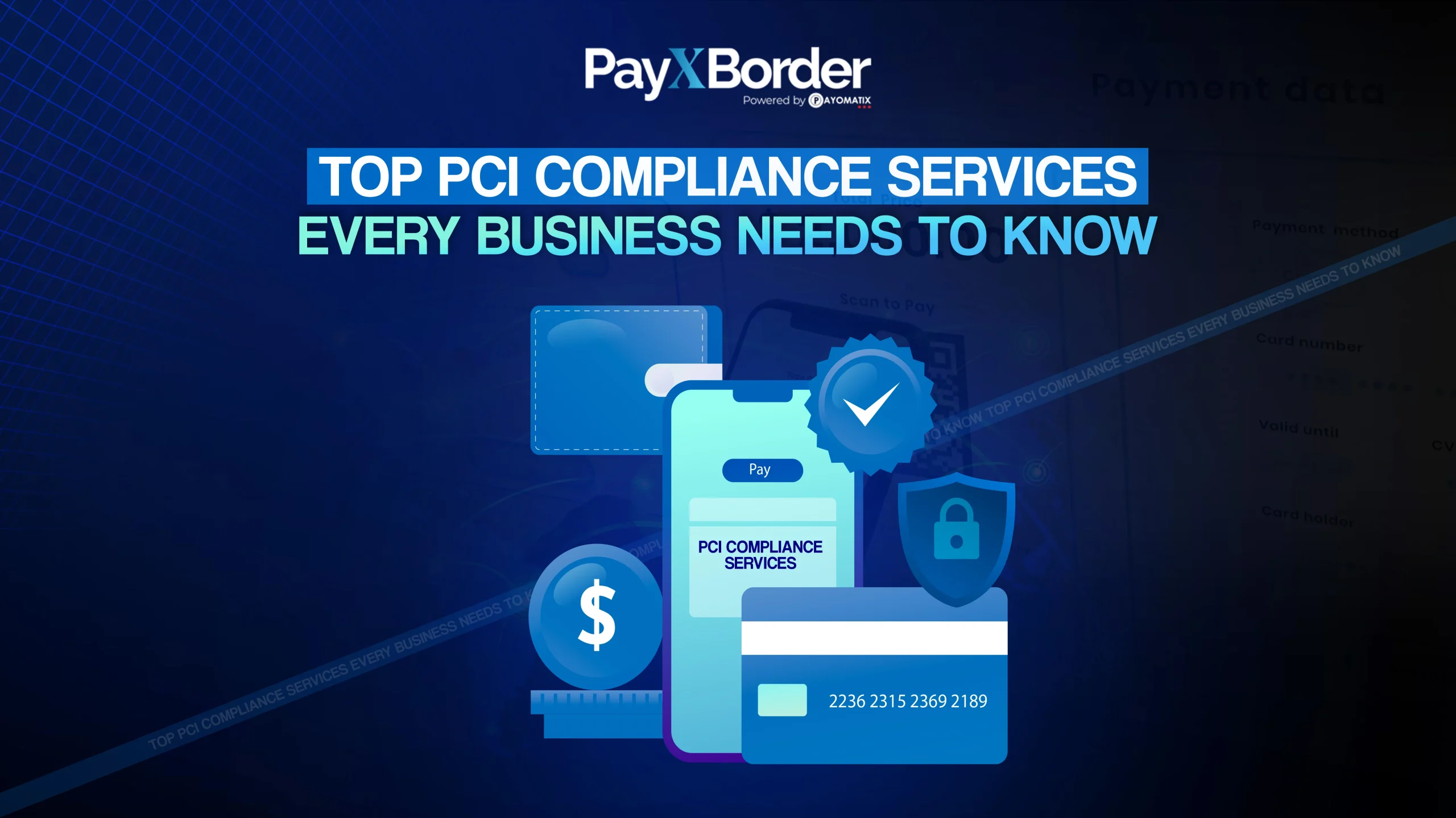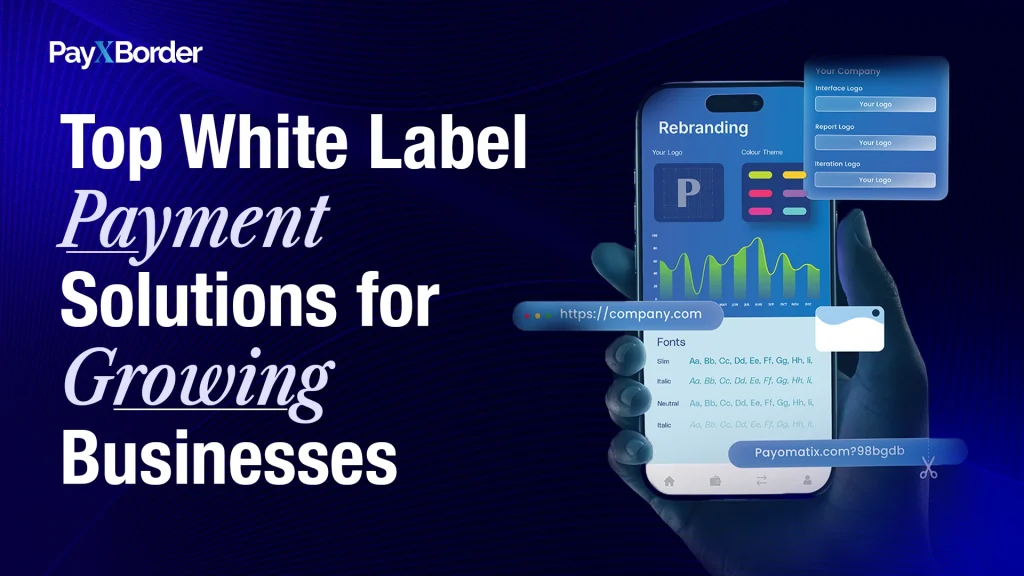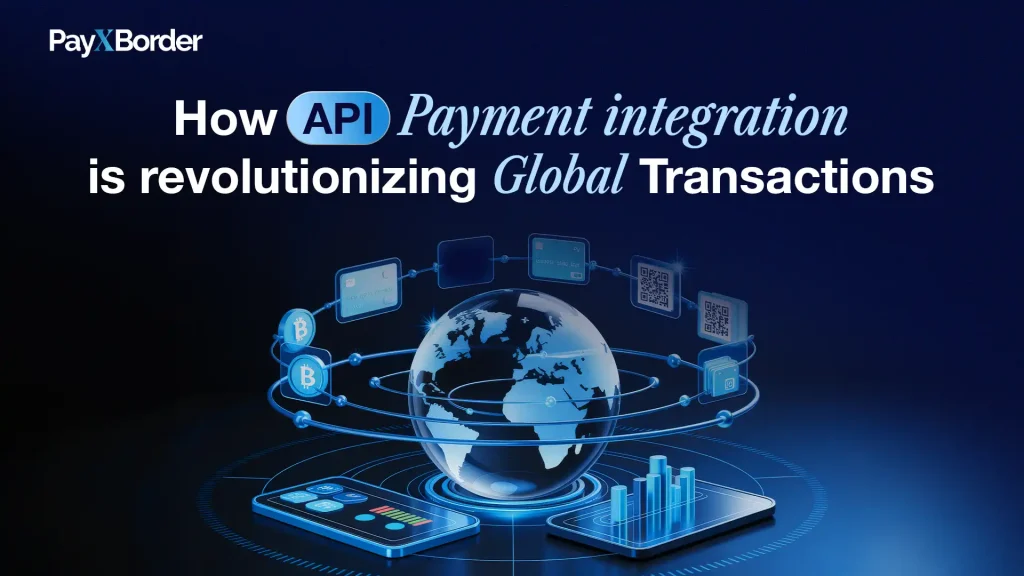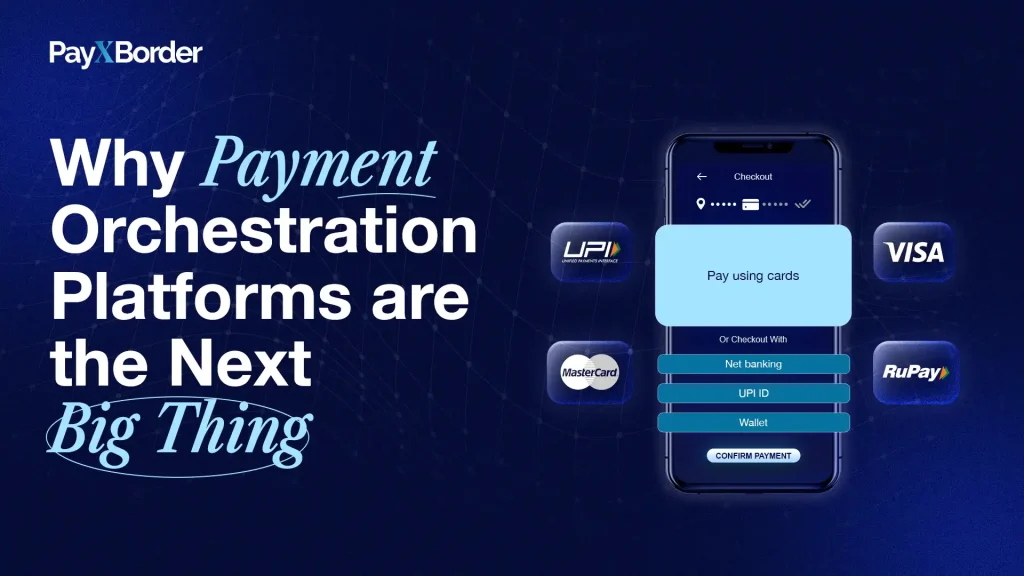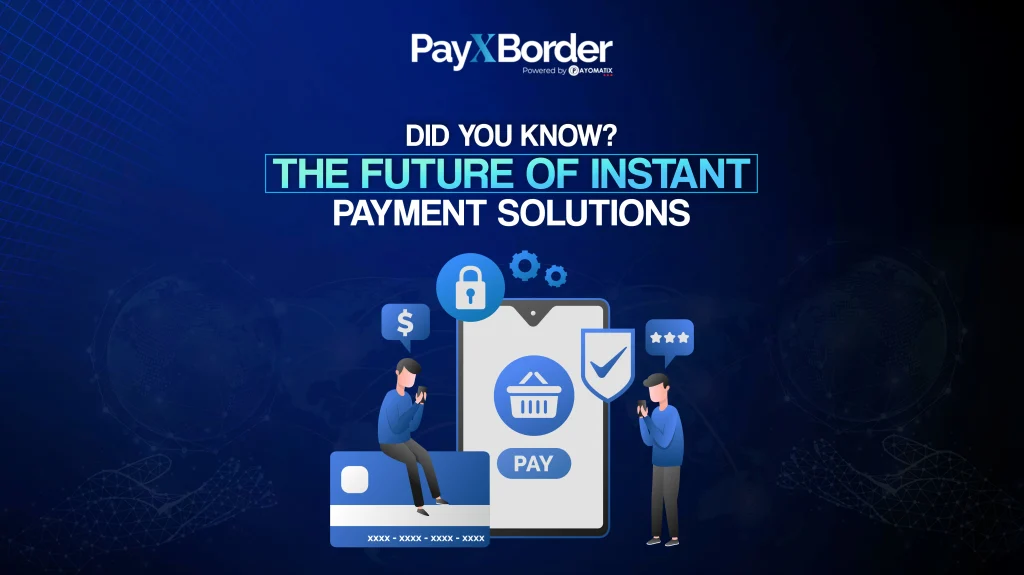Is your business PCI DSS compliant? If not, you’re risking security breaches, hefty fines, and losing customer trust.
In today’s digital landscape, security is non-negotiable. As businesses increasingly rely on online payment methods, the importance of PCI DSS compliance services cannot be overstated. The Payment Card Industry Data Security Standard (PCI DSS) provides a framework that ensures businesses protect their customers’ card information. However, navigating these standards can be complex, especially for businesses scaling across borders.
In this blog, we’ll uncover the top PCI DSS compliance services that every business should implement to safeguard customer data and ensure secure transactions. We will also dive into how PayXBorder helps businesses with comprehensive Compliance & Security services that meet and exceed PCI DSS standards.
What is PCI DSS and Why is It Important?
PCI DSS is a set of security standards developed by the Payment Card Industry Security Standards Council to protect cardholder data during processing, storage, and transmission. For businesses that handle credit card payments, compliance with PCI DSS is not optional. It is a requirement to:
- Prevent fraud and data breaches
- Protect customer trust and brand reputation
- Avoid costly fines and penalties
Failing to comply with PCI DSS standards can result in severe consequences, including financial penalties, loss of payment processing capabilities, and legal ramifications. The standards apply to all businesses, from small eCommerce stores to multinational corporations, that store, process, or transmit credit card information.
Why Your Business Needs PCI DSS Compliance Services
1. Avoid Fines and Penalties
Non-compliance with PCI DSS standards can result in hefty fines from card networks like Visa, MasterCard, and American Express. These fines can escalate, especially if a data breach occurs due to negligence.
2. Increase Customer Trust
When customers feel their data is secure, they are more likely to complete purchases and return to your business. PCI DSS compliance assures your customers that you are serious about protecting their sensitive financial information.
3. Prevent Data Breaches
Cybersecurity threats are at an all-time high, with hackers targeting businesses that don’t follow best practices in data protection. PCI DSS compliance services protect you from data breaches that could cost your business millions in recovery efforts and lost customers.
4. Stay Ahead of the Competition
With PCI DSS-compliant payment systems, your business is positioned as a leader in security and transparency. This can give you a competitive edge, especially in markets where data protection is a priority for consumers.
Key PCI DSS Compliance Services for Every Business
Here’s a look at the top PCI DSS compliance services that every business must implement to protect sensitive customer data:
1. Encryption Services
Encryption ensures that data remains unreadable to unauthorized individuals during storage and transmission. This is a crucial requirement of PCI DSS. When data is encrypted, even if hackers gain access to your system, the information remains protected.
How PayXBorder Helps:
PayXBorder offers advanced encryption protocols that protect all payment transactions and sensitive customer data, ensuring compliance with the highest security standards.
2. Tokenization Services
Tokenization replaces sensitive payment information, like credit card numbers, with a unique token that cannot be used for fraudulent transactions. This helps to minimize the risks of data breaches and limits the exposure of cardholder data.
How PayXBorder Helps:
PayXBorder implements tokenization in its payment gateway to ensure that cardholder information is securely replaced with a token, eliminating the risk of data theft during transactions.
3. Fraud Prevention and Detection Services
To comply with PCI DSS, businesses must implement mechanisms to detect and prevent fraudulent activities. This includes real-time monitoring of transactions, anomaly detection, and systems to prevent unauthorized access.
How PayXBorder Helps:
PayXBorder provides fraud prevention tools integrated into the payment gateway, including AI-driven transaction monitoring, real-time alerts, and fraud detection systems to ensure your business stays protected.
4. Regular Security Testing and Vulnerability Scanning
PCI DSS requires businesses to conduct regular security tests and vulnerability scans to identify potential threats. This includes penetration testing, risk assessments, and quarterly vulnerability scans to maintain a secure payment environment.
How PayXBorder Helps:
With PayXBorder, businesses can schedule regular vulnerability scans and security assessments to ensure they meet PCI DSS security standards, all while automating reporting and compliance checks.
5. Access Control Services
Restricting access to cardholder data is another essential element of PCI DSS compliance. Only authorized personnel should be able to view or handle sensitive customer information. Businesses must implement role-based access controls and user authentication protocols.
How PayXBorder Helps:
PayXBorder offers robust role-based access control (RBAC) for all users of its payment platform, ensuring that only those who need access to sensitive data have it. Multi-factor authentication (MFA) is also implemented to further enhance security.
6. Compliance Monitoring and Reporting Tools
To ensure that your business continuously meets PCI DSS requirements, compliance monitoring and reporting tools are essential. These tools help businesses track progress toward compliance, create audit trails, and provide proof of compliance to regulators.
How PayXBorder Helps:
PayXBorder’s platform comes equipped with automated compliance monitoring, which helps businesses stay up to date with PCI DSS requirements and provides real-time reports for audits and internal review.
How PayXBorder Supports PCI DSS Compliance for Global Businesses
PayXBorder takes a holistic approach to Compliance & Security, ensuring that your business meets all the PCI DSS standards and beyond. Here’s how PayXBorder helps you stay PCI compliant:
- Seamless PCI DSS Integration: PayXBorder integrates PCI DSS-compliant payment solutions directly into your platform, ensuring secure transactions across borders.
- Real-Time Encryption and Tokenization: PayXBorder uses the latest encryption and tokenization technologies to protect customer data, reducing the risk of data breaches and fraud.
- Global Compliance: PayXBorder ensures that your business is compliant with global standards, including GDPR, KYC, and AML, providing you with a secure, all-in-one solution for cross-border payments.
How to Choose the Right PCI DSS Compliance Service for Your Business
Not all compliance services are created equal. Here’s what to look for when selecting a PCI DSS compliance solution for your business:
- Scalability: Choose a service that can grow with your business and support future payment needs.
- Security Features: Look for services that offer advanced encryption, tokenization, fraud detection, and access control.
- Ease of Integration: Make sure the solution easily integrates with your current systems and workflows.
- Real-Time Monitoring and Alerts: Real-time alerts and automated compliance checks are vital for staying ahead of security risks.
- Global Compliance: Ensure the service provider supports international regulations, so your business can expand seamlessly.
Conclusion: Secure Your Business with PCI DSS Compliance Services
As businesses increasingly rely on digital transactions, PCI DSS compliance is no longer optional—it’s a critical necessity. By implementing the right PCI DSS compliance services, businesses can protect their customers, improve operational efficiency, and stay competitive in the global market.
With platforms like PayXBorder, your business can stay compliant with all relevant security regulations, while benefiting from cutting-edge Compliance & Security solutions designed to streamline cross-border payments. Don’t wait until it’s too late—ensure that your business is secure, compliant, and ready for growth.
Get started with PayXBorder’s PCI DSS-compliant payment solutions today!
📧: payxborder@payomatix.com
🌐: https://payxborder.in
Voice Search Optimized Top 5 FAQs
1. What is PCI DSS compliance?
PCI DSS compliance ensures that businesses securely handle payment card data to protect against fraud and breaches.
2. Why is PCI compliance important?
It helps businesses protect customer payment data, avoid fines, and stay competitive in a global market.
3. How does PayXBorder help with PCI compliance?
PayXBorder integrates PCI DSS-compliant payment solutions, using encryption and tokenization to safeguard customer data.
4. What are PCI DSS requirements?
PCI DSS requires encryption, tokenization, regular security tests, and access control for secure payment processing.
5. How can I stay PCI compliant?
Regular vulnerability scans, encryption, and monitoring with services like PayXBorder help maintain PCI compliance.

